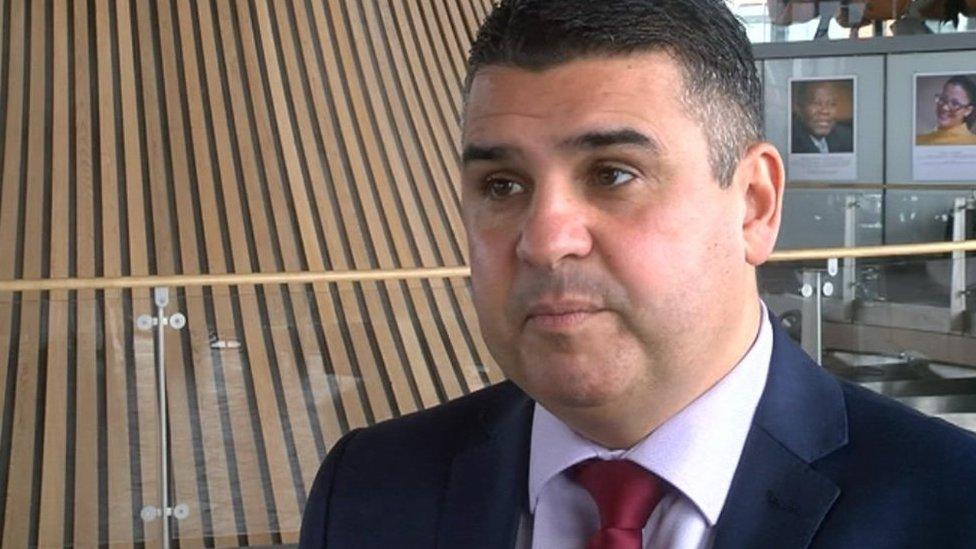Ex-Senedd member Neil McEvoy repeatedly broke Senedd rules, reports say
- Published
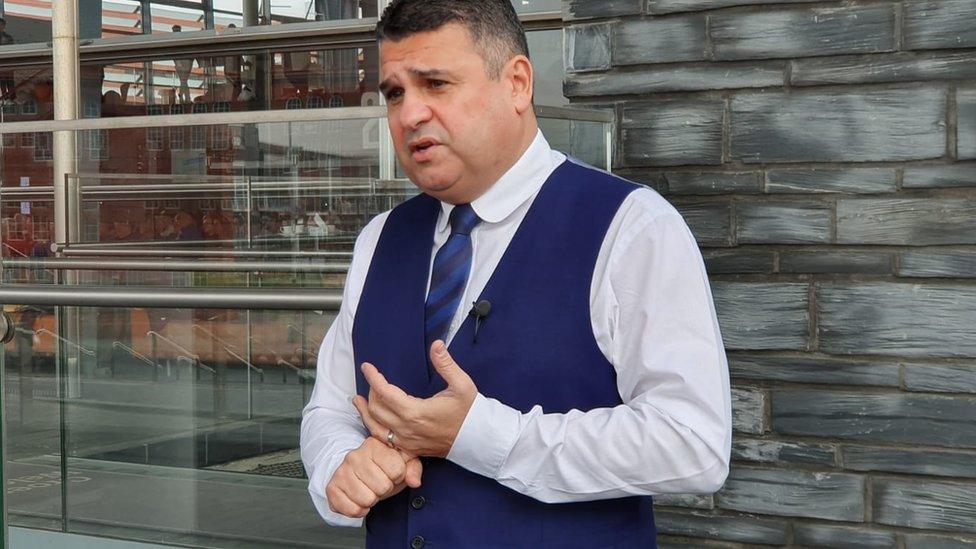
Neil McEvoy was a Member of the Senedd until last May
A former Senedd member has been asked to repay £3,450 after he was found to have wrongly used taxpayers' resources for a council election campaign.
It is one of four investigations where Neil McEvoy was found to have broken the Welsh Parliament's code of conduct.
The newly published reports find he also brought the Senedd into disrepute when he made secret recordings of a probe into his behaviour.
Mr McEvoy said: "I owe no money, so there's nothing to repay."
He said the process was "rotten" and was a "stitch-up".
The Senedd's standards committee's findings, complete with details of investigations by the standards commissioner Douglas Bain, were completed in February 2021.
They have only been published now, eight months since Mr McEvoy lost his seat in last May's elections.
They were delayed after Mr McEvoy made an appeal, which eventually found Mr McEvoy had a "fair hearing" in all four investigations.
It meant recommended sanctions, excluding Mr McEvoy from the Senedd for a total of 42 days, were never implemented.
Mr McEvoy was elected as a Plaid Cymru assembly member in 2016, before being expelled from the party.
Now leader of Propel, he failed to be re-elected as a Member of the Senedd (MS) in 2021 but continues to represent Cardiff council's Fairwater ward.
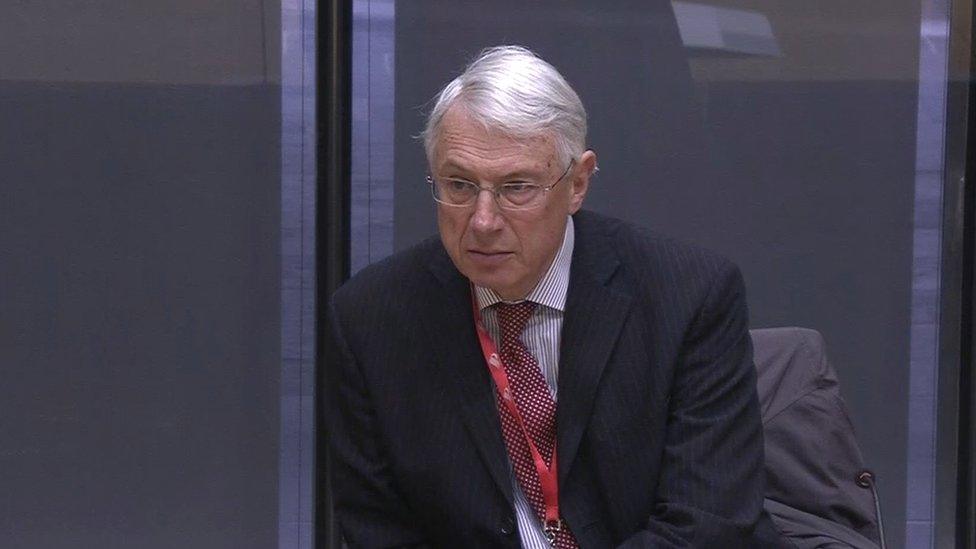
Sir Roderick Evans resigned as standards commissioner after the recordings emerged
Delay 'matter of great regret'
It took over three years for the complaint about the misuse of resources to come to a conclusion - with the original complaint made in November 2017.
The committee, then led by Jayne Bryant MS, said it was a matter of "great regret".
The delay was in part due to a separate investigation by South Wales Police into the secret recording, where the police decided to take no further action.
The complaint was also examined by two standards commissioners - Mr Bain, and former commissioner Sir Roderick Evans, who resigned after Mr McEvoy revealed he secretly recorded him during the process.
The investigation found that thousands of election leaflets were printed in his office in Cardiff; that a staff member was used to do translation work for a campaign, and a campaign organiser was allowed to be based in the office.
It found a total of 22 breaches of rules prohibiting the use of Welsh Parliament resources for election campaigning, as reported by BBC Wales following a leak last year.
Mr Bain could not come to an exact cost to the taxpayer for the campaigning breaches, but made a "low level" estimate of £3,450.
The standards committee of the last Senedd term, said it did not have the power to require a repayment, but invited Mr McEvoy to repay the estimated loss.

One of the reports related to how his office in Cardiff was used
'Abusive messages' from employee
The committee said it was "extremely concerned" after the commissioner found that an unnamed employee of Neil McEvoy had sent "two abusive messages" to someone likely to be a witness in the investigation, and asked a third party to send a message to someone else making clear they did not need to give evidence.
Despite the "distress caused", neither person took notice of the attempt "to suborn them," Mr Bain wrote.
The previous committee called for the law to be changed to make it an offence to interfere with a standards investigation.
'Ill-judged' secret recordings
One of the three reports deals with a complaint by the presiding officer Elin Jones about Mr McEvoy's secret recordings of Sir Roderick Evans.
Mr McEvoy began recording Sir Roderick and his team after he asked for audio recordings of the hearings into the complaint about his use of Senedd resources.
The recordings included a private conversation where Sir Roderick referred to Mr McEvoy as having "sociopathic tendencies".
Using a mobile phone, Mr McEvoy made recordings on four occasions of further hearings into the case.
"It was his practice to enter the room where the hearing was to take place before it was due to start and leave his phone, set to record, on a table, in his jacket or in a bag," Mr Bain wrote.
In November 2019 Mr McEvoy passed transcripts of the meetings to the media, and Sir Roderick subsequently resigned.
The standards committee acknowledged Sir Roderick's comments were likely to have caused distress and were "ill-judged", but said it was "wholly inappropriate" to make covert recordings.
"The actions undertaken by Neil McEvoy in covertly recording conversations on the Senedd estate had a significant negative impact on a wide range of people across the Senedd and beyond," the report said.
"It undermined the public confidence in the Senedd, and particularly in the standards regime."
Two other investigations which found Mr McEvoy breached the rules said:
the politician, who is also a Cardiff councillor, used his Senedd email address for the purposes of conducting council business
that Mr McEvoy failed to declare an interest at a meeting of petitions committee
Before the last election the standards committee recommended Mr McEvoy be excluded from the Senedd without pay for a total of 42 days.
But the recommendations - seven days for the covert recording, 14 days for the misuse of Senedd resources and 21 days for the emails - were never implemented, and the Senedd can no longer sanction him.
The 21 day exclusion was recommended because it was the sixth report where he was found to have breached the code, and the fourth where he failed to co-operate with the standards commissioner.
Neil McEvoy said the Senedd process "is rotten to the core, as my secret phone recordings proved".
"The public see the real story here: an establishment stitch up."
The Senedd was asked for comment.
Related topics
- Published21 October 2021
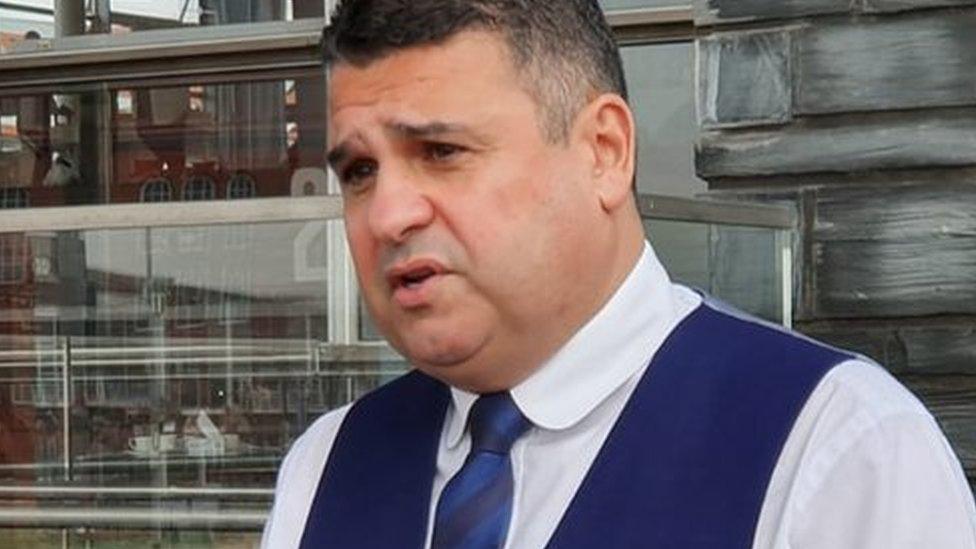
- Published26 January 2021
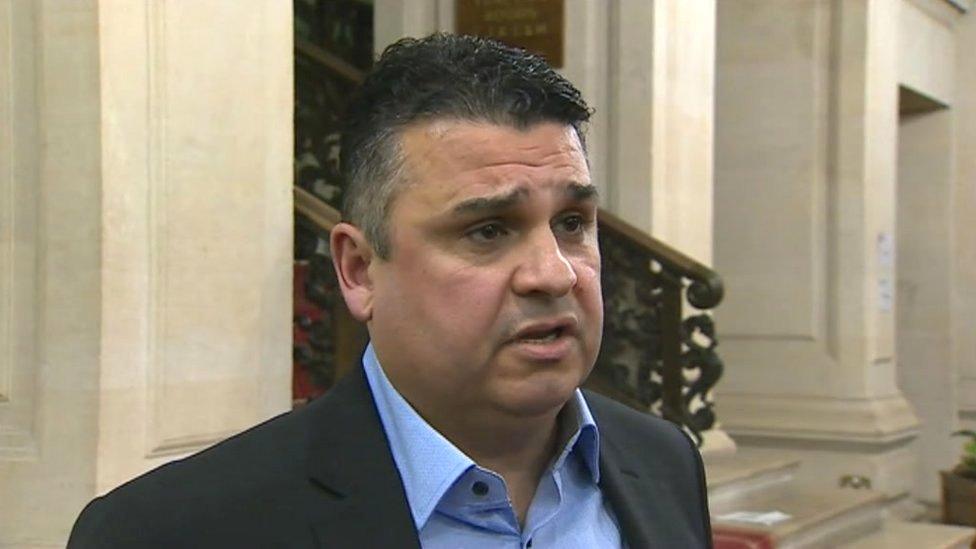
- Published7 October 2019
